New Zealand Herald
Prophet and Loss
“There’s winners and there’s losers and I’m caught between the two,” mourns Chuck Prophet in a rare self-pitying moment from Age of Miracles, his seventh and strongest album.
It is surprising that bitterness and regret don’t feature more prominently in the songs of this San Francisco-based singer-guitarist. With 20-plus road-years behind him – first as guitar-slinger with roots-punks Green on Red, for the past 14 under his own flag – Prophet is a qualified rock’n'roll veteran. And yet he has enjoyed neither the mainstream success his smart, tough songs and Tom Petty-crossed-with-Elvis looks should have earned him, nor the cult worship assigned to more naturally marginal figures like Will Oldham or Daniel Johnson.
But Age of Miracles finds him too engaged with the present to worry that he has never received his due. Though he remains a son of 60s rock, referencing everything from the drawl of Dylan’s Highway 61 to the orchestrations of the Beatles’ Abbey Road, he is also taking advantage of the same technology that allows hip-hoppers to create their contemporary cut-and-pastes.
Call it laptop rock. It’s a fusion that Prophet began exploring a couple of albums back. But if the turntables and sample-scapes of 1999’s The Hurting Business threatened to push Prophet’s meaty guitar right out of the frame, on Miracles he gets the balance just right.
On “You Did” he loops drums and weaves vocal samples into an electronic tapestry, without losing his grip on the fundamentally rock’n'roll question: “Who put the bomp in the bomp shooby dooby bomp?” And on the opening cut he stacks up the saxophones of Tom Waits’s erstwhile sideman Ralph Carney to re-inforce a crunching riff worthy of Exile-era Stones.
Prophet’s reconciling of digital technology with the rock’n'roll spirit is echoed in his website (http://www.chuckprophet.com), where he keeps an occasional log. Here, as he travels from one scungy gig to the next, he shares pearls of received wisdom (fellow journeyman Nikki Sudden cautions him, “I never drink coffee. Keith Richards told me that’s the absolute worst thing you can put in your body”), along with a droll commentary of his own. “I remember once getting bumped up to first class,” he muses as he boards yet another plane. “I didn’t want the flight to end … In first class you get the feeling that even if the plane crashes, first class will just keep going.”
And his songs are laced with the same droll humour. My favourite couplet on Age of Miracles: “I feel like a pair of sneakers in a washing machine/I’m bouncing off the walls, trapped in the heat.”
And yet if there’s a prevailing mood to Miracles, it’s one of gratitude – for small mercies, narrow escapes and, above all, good love. He lays out his theme in “Heavy Duty”, co-written with Dan Penn (composer of the ultimate ode to loyalty, the Aretha Franklin classic “Do Right Woman”) and again in the album’s closer, “Solid Gold”. In these songs, Prophet the rocker does not dissolve into sentimentality as a less mature artist might. He simply views his life from a perspective in which all the rocking and rolling is only made meaningful by the relationship that remains when the music’s over. In these moments you understand why there may be more important things to Chuck Prophet than winning or losing.
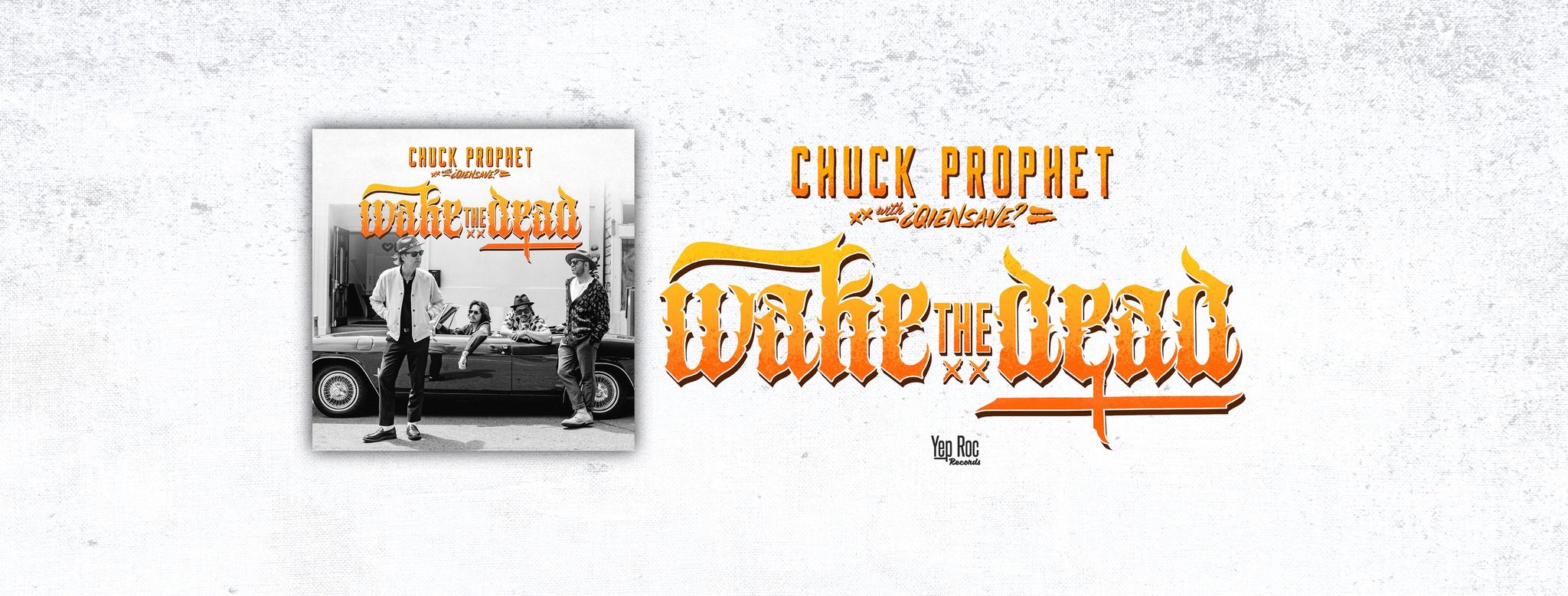

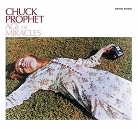



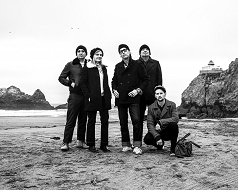
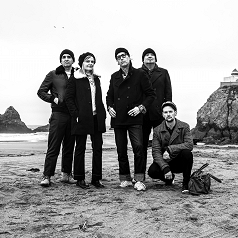

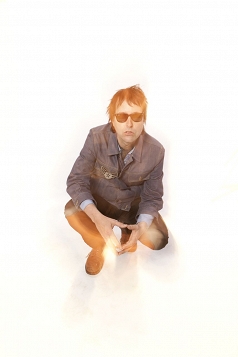

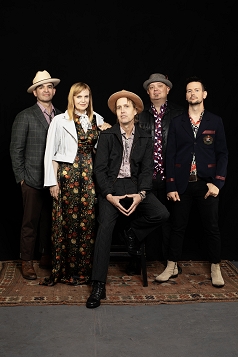
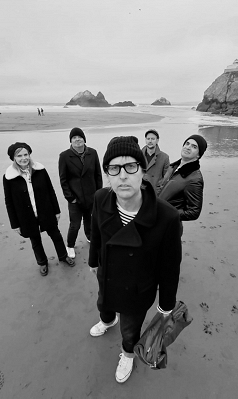
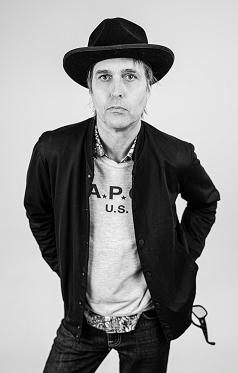
3_238_159auto_s_c1.jpeg)
